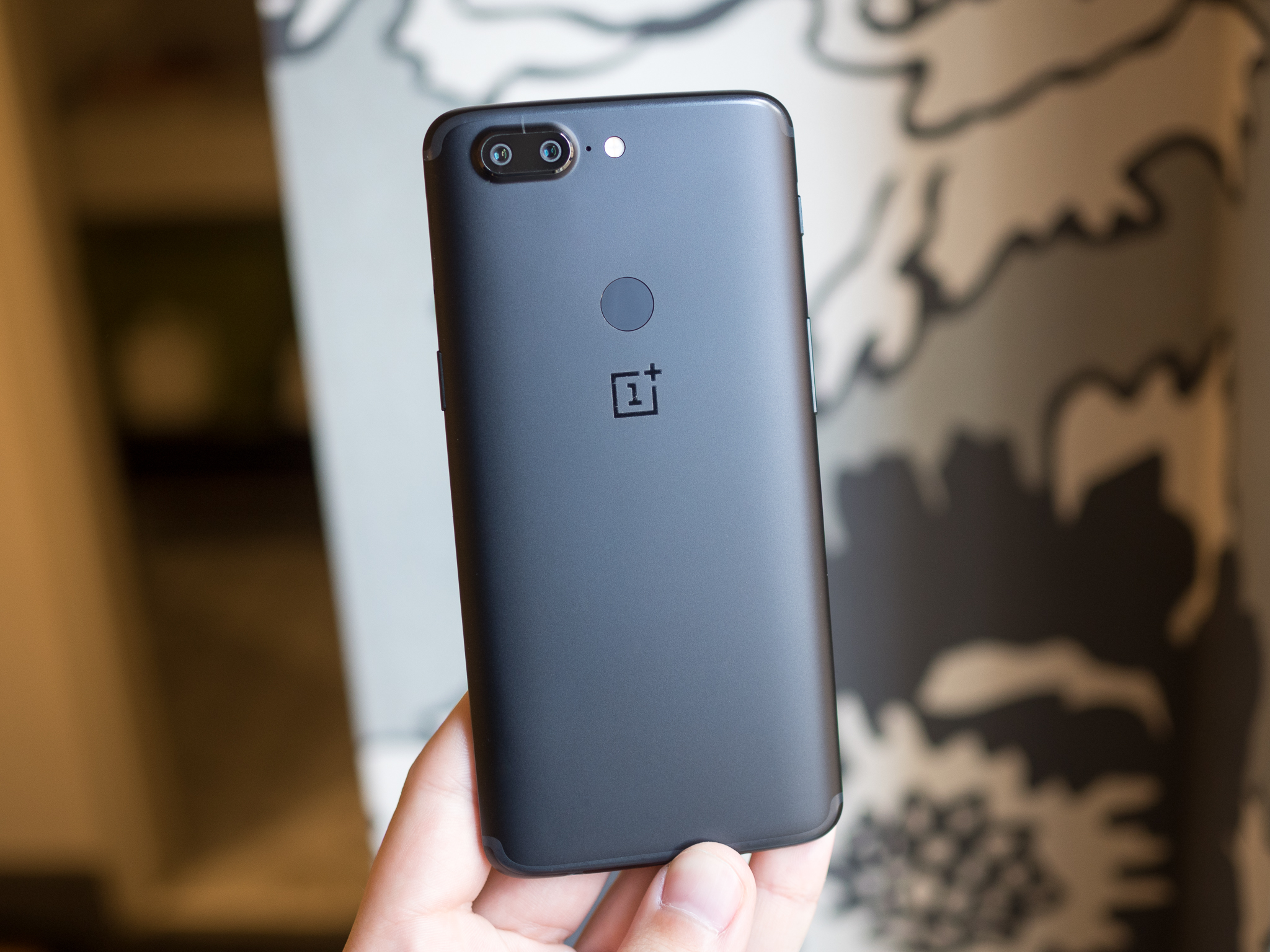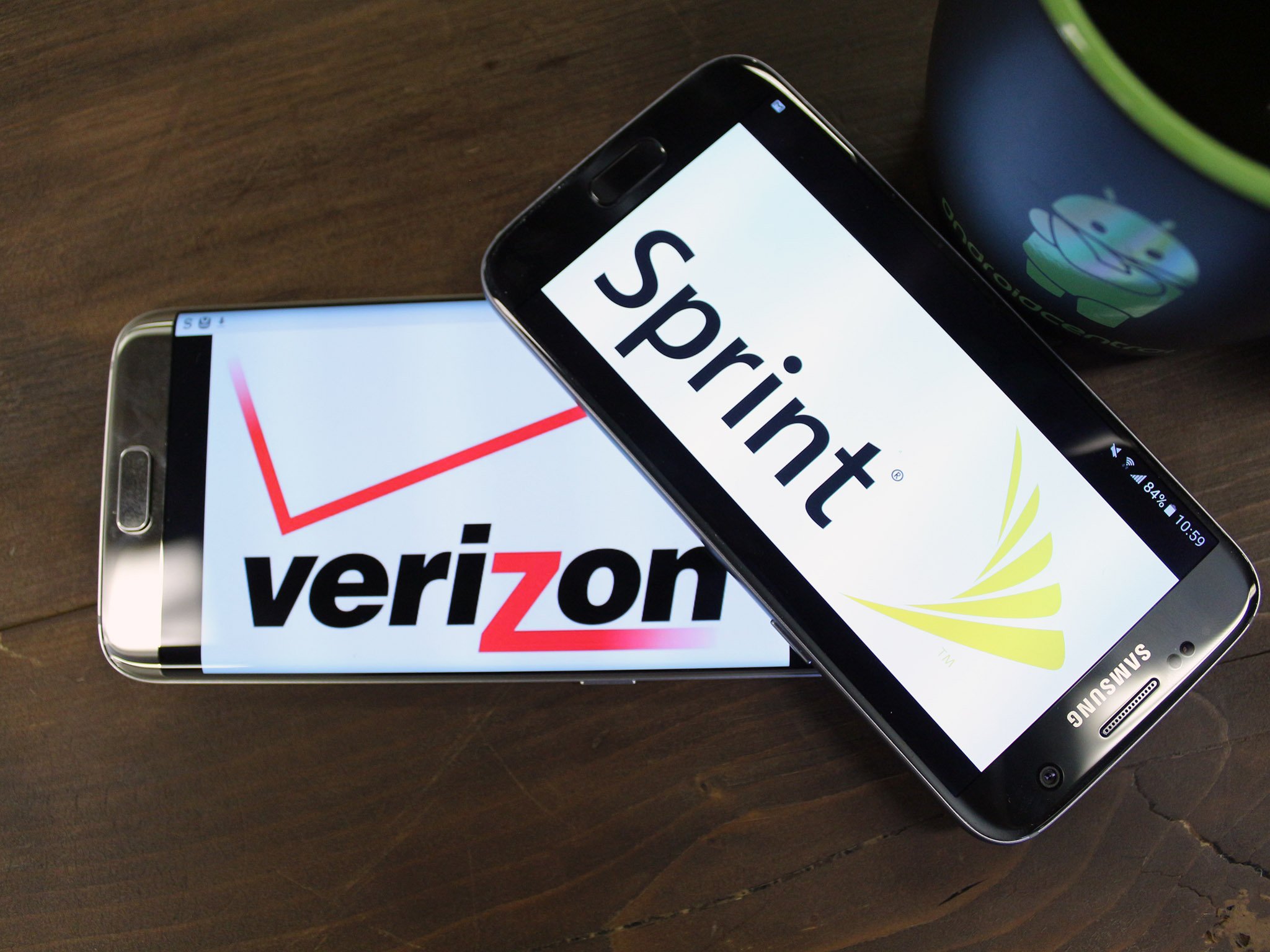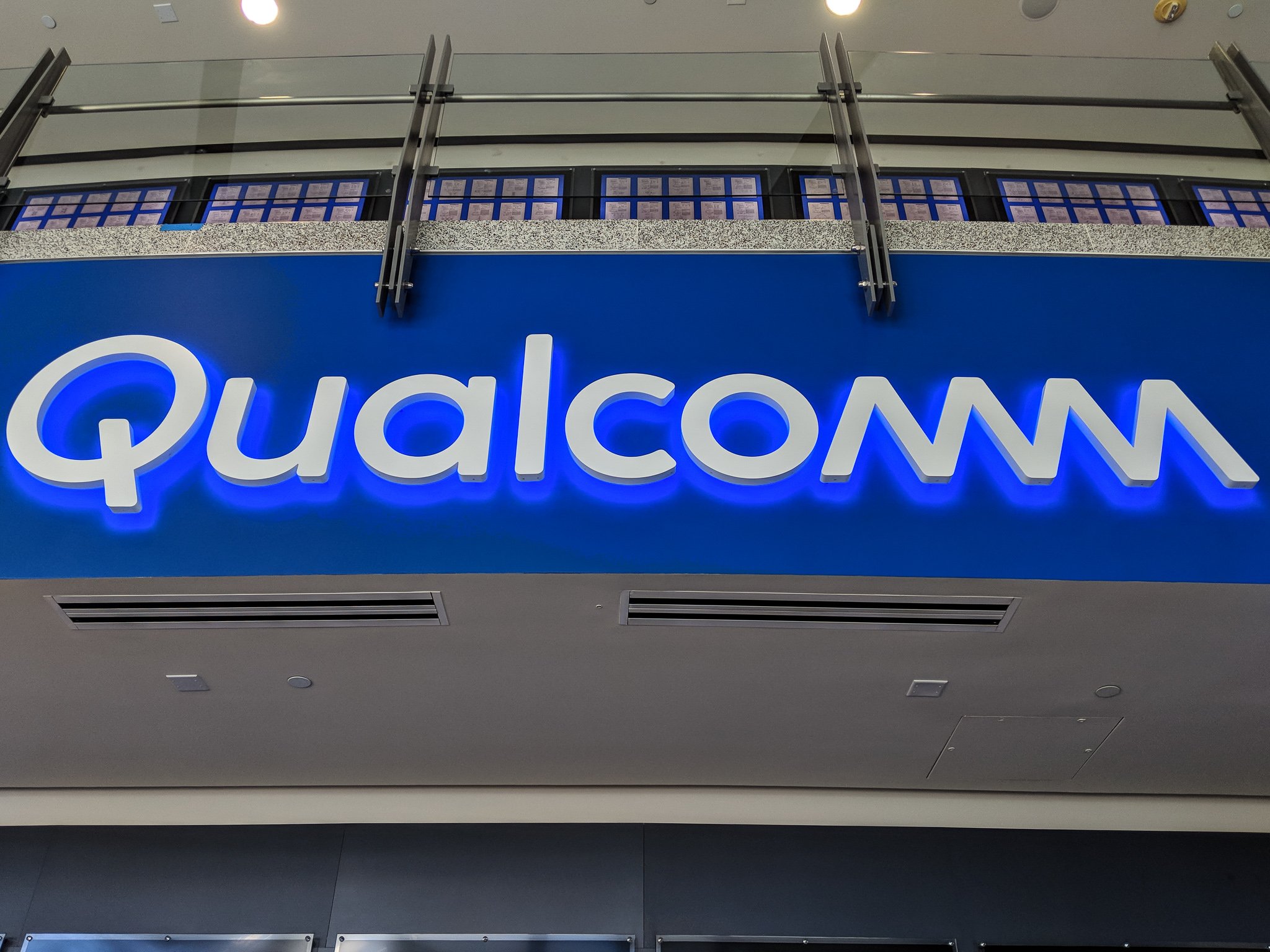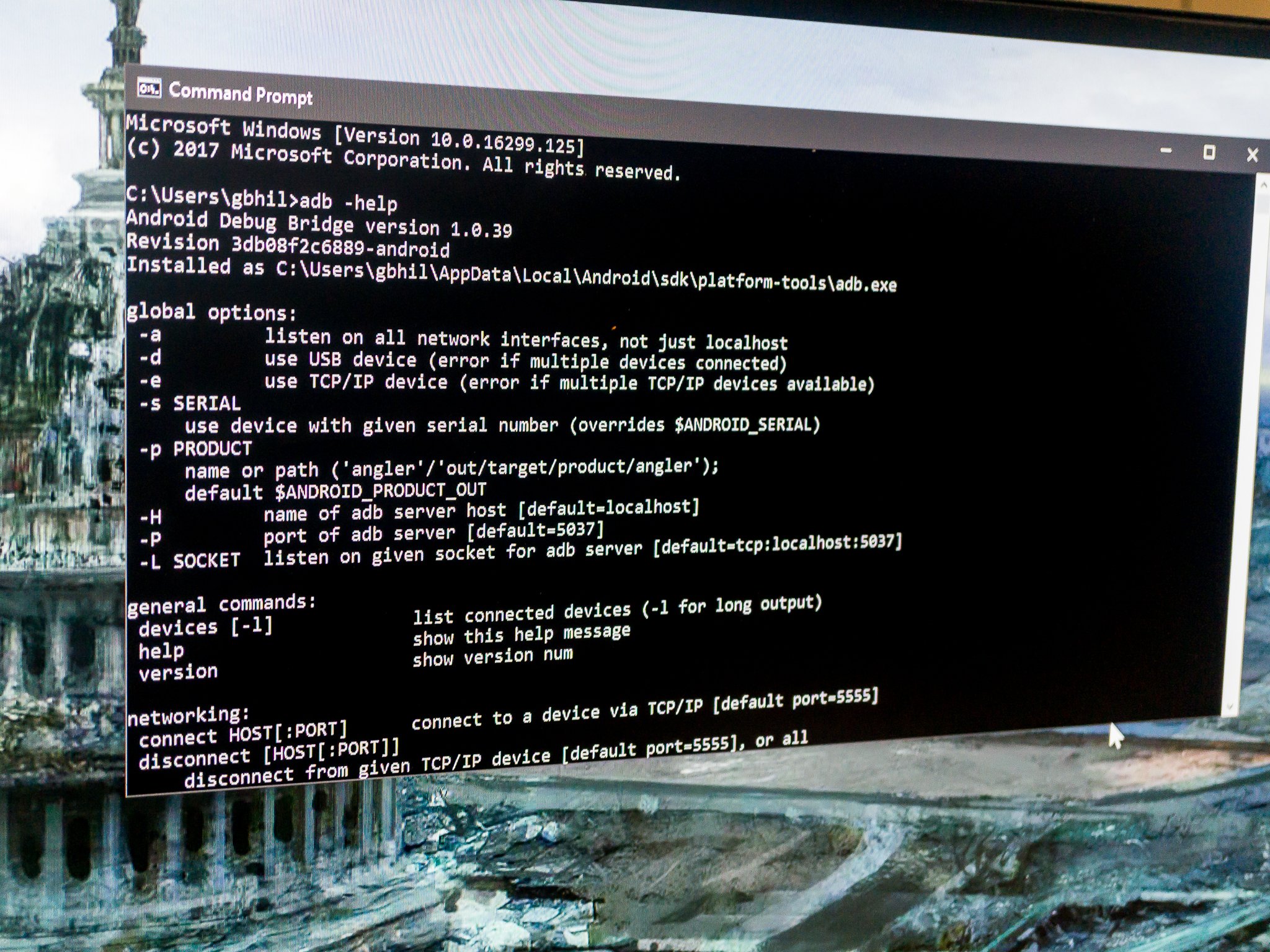If a phone is just a tiny computer, why is it so hard to be the admin?
Rooting, bootloader unlocking, jailbreaking; it has many different descriptions but they all mean the same thing when it comes to smartphones. It's how you open the phone's software bootloader so that you can load unofficial software.
Android users have it easier than most (which may not be a great thing all the time) because changing the Linux permission model that Android uses is as easy as placing one very small file in the system folder. But for many phones, it's still not very easy, and that's by design.
To get them out of the way, there are a handful of phones from companies like Google, HTC, Motorola and other lesser-known brands that let you unlock the bootloader without resorting to any chicanery. Going through the Android settings, you make the switch, agree that you know the risks, and from that point forward your phone will try to load whatever software is in the right place on the bootable partition. There are some side-effects, like Android Pay not working, but the phone is yours to install whatever you want and placing that particular file is now an option. Not an easy option, but an option.
More: Best Phones for Rooting and Modding
Other phones don't work this way, choosing instead to only load a signed and trusted version of the operating system from the factory it's supposed to come from. Part of the reason is user (that'd be you and me) privacy and security. It's impossible to hide personal data from a user with root privileges, whether that user is a real person or another piece of software that wants all your stuff. While it'd be great if the companies making our phones only thought about our privacy, but other reasons phones are locked up have nothing to do with you or me and are just as important (if not more) to those very companies.
Your phone company hates it
Take a trip in the Android Wayback machine and visit 2010 with me. The T-Mobile G1 was the coolest new phone, ran Android, and almost took an entire cellular network down.
Android back then had an app called G Chat. It was the predecessor to Hangouts and every Android phone (which was really only one) had it installed. Back then Google didn't have much of a relationship with carriers and it seems like very little if any testing was done on how G Chat would affect T-Mobile's shiny and new fast 3G network. The app would spam packets of data almost non-stop, which was awesome for users who wanted a really fast messenger client but literally crashed T-Mobile in cities like Chicago and Washington, D.C. It was a small bug, but had a big impact.
Cell networks are fragile things. So are some of the people in charge of them.
While users with root privileges didn't cause this, it did make carriers worried about having Android phones on their networks. Phones from HTC, Motorola, and Samsung were being released and nobody wanted a repeat, so carriers started "rigorously testing" and eventually requiring approval for Android phones on their networks. Part of that was a guarantee that users wouldn't be able to go back in and change the way things worked, which meant the software had to be locked down so these types of settings weren't able to be fiddled with.
Fast forward to today, and carriers are equally worried that someone might be "stealing" data by using it to tether a laptop or a tablet instead of using it directly from their phone, changing APN settings to get a higher priority, or even change settings so that SMS and MMS messages can be sent for free even if they aren't part of your ancient data plan that you should have probably changed by now.
Carriers have to worry about their network because if it breaks too often customers will look elsewhere. We all know the honor system will never be an option when there's a way to get more than you've paid for, so locking down settings and permissions is a result. It also means that the carrier gets to decide which of its apps you can uninstall or change, and pre-installed apps can mean a lot of money for them.
Chip makers hate it just as much
The company who made your phone only made parts of it. Things like processors or modems or even storage devices are bought in bulk and used in the final assembly. Even Samsung, who manufactures many of the individual parts in a lot of smartphones, uses parts from companies like Qualcomm or Broadcom or Toshiba and even LG.
These companies are afraid you'll be able to muck around with the firmware they own and want your phone locked up tight.
There is a lot of money tied up in a company's IP and they want to protect it.
Most people wouldn't try to do something like alter a GPU driver, even if they could. But most is not the same as all, and tech companies are famous for doing everything they can to safeguard their intellectual property. If you get in there and crack some bytecode to reverse engineer a change, you might also be able to see how they do the things they do. There is a lot of competition among tech companies and if you did know exactly how one of them was able to do something they patented, other companies would be more than happy to talk to you about it and maybe even exchange some money or goods for that helpful information.
Knowing exactly how something works makes it very easy to do the same exact thing with enough tiny changes that you won't have to pay royalties. Tech companies love royalties, which can often mean a lot more income than selling products can. It's something they all want to protect, so they do things like not give license to distribute files and have things like software bootloaders hardened and encrypted.
Even Google doesn't love it
Since the Nexus One, every "official" Google phone has been easy to bootloader unlock. Google gives you the tools to do it, gives you the instructions to do it, and doesn't end your warranty once you've done it. But they would rather you not do it, too.
Android gets a bad reputation it doesn't deserve. (it's the users, not the software!)
Rooted phones can cause a lot of trouble. Trouble makes headlines when it's serious enough or popular enough. Companies like Netflix were hesitant to release their software for use with Android because they were afraid of "trouble" in the form of us all stealing movies that were optimized for a tiny screen and buffering over a cell connection instead of the full bitrate file that every computer on the planet has access to. That's as silly of a notion as it sounds, but it's true because Android had a bit of a reputation as being that thing hackers used in the basement to ruin the planet or something.
Google gives Android away because their first goal is to have as many eyeballs on the internet and looking at Google ads as possible. That means Android needs to stay crazy popular, which means it needs apps like Netflix. Nobody at Google cares if you root your phone and hex edit a single player game so you can have all the coins or a million lives. they do care about people who would hack Netflix, but more importantly, they care that Netflix thinks people with Android phones will hack them. Google wants Netflix to love Android as much as you and I do.
Your privacy is part of it, too
Everyone here at Android Central wants you to have a good time with your phone but also be able to keep private things private and secured. That means we're not very keen on rooting a phone being a trivial thing that anyone can do without knowing the risks. Google, Samsung, Motorola, LG and every other name attached to Android at any level feels the same way.
Everyone deserves privacy and some need a little help.
Corporations need to protect their bank account, but most of the time people running them and working for them want you to love using their products just as much if not more. After everything needed to protect investments and profit is done, they want you to think their product is safe to use. For Toyota, that means making a Prius or Corolla that won't randomly accelerate. For ZTE that means making a phone that's very hard for malware to crack into.
Some people just shouldn't have a rooted phone. We all know at least one of those people. To protect them means things are going to be hard for you, too. We may not like the reasons why it's so hard to root a phone, but we should be glad that the companies involved care about our privacy, even a little.





0 Response to "You Can See More: Why is it so hard to 'root' a smartphone?"
Post a Comment